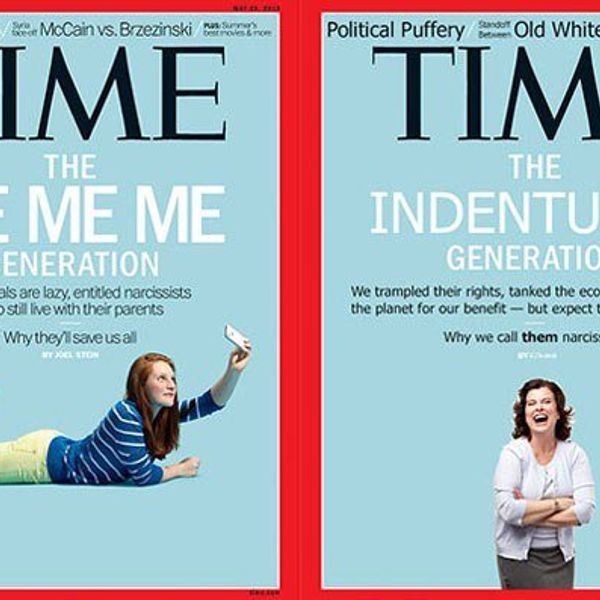The power we give words is quite impressive. We can make a situation catch fire with the words we choose. Creating stories for events that can make people believe scandals have occurred or begin to see certain ideologies can be as simple as word choice. This is because words carry deep and complex meanings in our society.
In the English language we have over 1.025 million words and many of those words have many meanings in the dictionary, or denotations. However, meaning is much more complex than that. Many of us use connotations, or the symbolic meanings of words, to share the feelings and thoughts that come with words. This can lead to complications, as some words used to describe people have very negative connotations, which can be seen in many of the uses of words with pejorative meanings that are used to describe minority communities.
Since people have complicated histories with violence, slavery, and discrimination among some of the struggles they have faced, these connotations can bring problems into the world we live in today. A number of times I have heard people decry “political correctness” and really, who hasn’t? But, what exactly does it come from?
Well, you see, in the 1990’s a conservative author shared his thoughts on education and said that affirmative action and political correctness were letting those with little merit to enter college and barring those with much merit from doing so. However, there are some shocking statistics that show affirmative action is doing work to try and converge the gap in who is admitted into college. At that time it became a term used by conservatives to shut down conversations about what the most appropriate language to use surrounding minority groups would be. Eventually, it would be depicted as a problem in the U.S. and studies have shown that a majority of Americans view it as a problem.
The reality of what some call “political correctness” is that people are trying to own the language being used to describe them, instead of allowing other people to define themselves. As Toni Morrison put it, "What I think the political correctness debate is really about is the power to be able to define. The definers want the power to name. And the defined are now taking that power away from them.” This power to define is at the essence of the idea that “political correctness” debate. People argue that political correctness is censoring speech and not allowing people to feel comfortable speaking in any way. Which, may be valid when some people use aggressive behaviors to enforce speech.
However, there is more at work here. People wanting to stray away from words with negative connotations that define themselves is not that extreme, in fact, I’d argue it’s more about treating people with respect than anything else. Others argue that being “politically correct” is destroying the freedom of speech in America. However, the issue with this is that being “PC” does not stop people from responding. People still have the right to respond to the comments someone who is “PC” makes. In fact, a number of words have been added to dictionary recently that are a result of so called “PC culture” including cisgender, intersectionality, and neurotypical.
So, what’s the big deal? Why is everyone upset?
Some people feel like what they are saying is being policed, which is a valid feeling to have. However, this is something that can be resolved by making it clear that people are allowed to think and speak as they wish. However, this doesn’t mean that other people cannot disagree with them. There comes a point when one should concede to respecting others in some way instead of continuing to purposefully use words that are demeaning. Sure, someone could just go ahead and continue to insult someone when they ask for someone to stop, but does that make it okay? Not at all.
Other people are rather aggressive about using language that respects socially disadvantaged groups. This can alienate people who use harsh language and doesn’t help further the cause of being respectful to others. Perhaps it’s time that we took the time to reconsider how we speak to one another again and took the time to think before we react. Maybe putting thought into how harsh one is toward people who use harsh language can go a long way, because being harsh back will only make those people shut down too.
The best thing that we can gain in discussing the issue of “political correctness,” or respecting other people with our speech, is to consider how others are feeling in these situations. Some people are trying to be respectful, but are navigating with difficulty because they have lived with these harsh terms a long time. Others refuse to let others define them and are hurt by what people use to define them. Some people feel that they cannot speak freely and part of that is recognizing that change cannot happen as quickly as we would like. In the end, the cause should be about respect. Pointing out speech and actions that come across as racist, sexist, ableist or any other kind of -ist doesn’t have to be done in a pejorative way and no one needs to use pejorative speech.





















